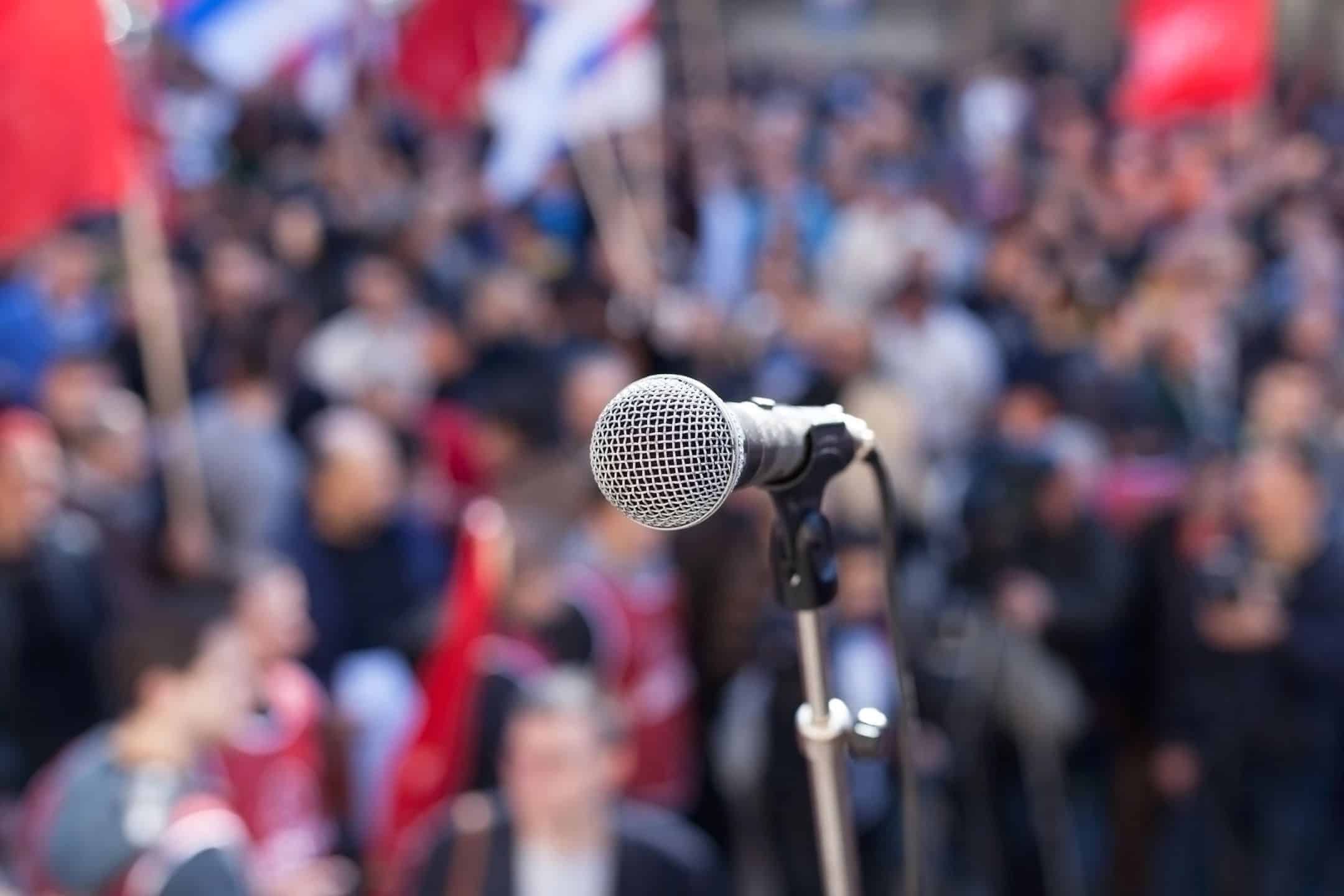
More speech, not less
The political left's catch-all solution for speech they don't like is to propose a new law, regulation or two-minutes of hate targeted to silence the offender. For conservatives and old-school, small "l" liberals, the answer to "bad" speech is more speech, not less.

Enter California Assemblyman Ed Chau, a Democrat (obviously), has introduced Assembly Bill 1104 that would combat "fake news" by making it a crime to make a "false statement" in order to influence legislation or the election of a candidate for office.
This bill would modify the definition of the terms “political cyberfraud” and “political Web site” to include Internet Web sites that urge or appear to urge the support or opposition of candidates for public office. The bill would also make it unlawful for a person to knowingly and willingly make, publish or circulate on a Web site, or cause to be made, published, or circulated in any writing posted on a Web site, a false or deceptive statement designed to influence the vote on any issue submitted to voters at an election or on any candidate for election to public office.
We already have laws against libel and slander, but this law is all about using government in an attempt to silence your political foes. Like their rants against corporate speech that always exempts media companies, this is solely designed to chill speech by non-traditional outlets: blogs, conservative-leaning news sites and special interest groups.
The prosecutor
Who is going to enforce this law? It appears that the answer to that is Investigative Services under the California Secretary of State—a popularly elected politician in what has become a single-party state.
This is not a bi-partisan, evenly split, commission like the Federal Election Commission where you need to win over someone from the opposite party to move forward, ensuring that only the most heinous and obviously illegal actions are prosecuted.
In short, I don't trust the Secretary of State to impartially prosecute this law, even if it were constitutional, which it is not.
What is the truth?
Here's the problem: Who decides what is false and deceptive? I point you to this blog post from last summer. In that post, Lt. Gov. Gavin Newsom makes the claim on Twitter that it is easier to purchase a gun in California, than it is to purchase a Happy Meal at McDonalds. This statement is false for all of the reasons (and probably more) that I list in that original blog post. And that false statement was abetted by one of the self-proclaimed fact-checkers, Politifact California.
Would the secretary of state of California have gone after the sitting lieutenant governor, fellow Democrat, and front-runner to succeed Jerry Brown in the governor's mansion? Don't make me laugh.
Unconstitutional, but only if it gets to SCOTUS
This bill, if it becomes law, is unconstitutional. You can't ban political speech, even falsehoods, because too many times the truth is not black and white. Two people can look at the same facts and come to opposite conclusions. That doesn't mean that either of them is lying.
That doesn't mean that this law wouldn't be used, especially in the short-term, to silence the ruling party's political foes.
A 9th Circuit Court of Appeals that says the state can force pro-life groups to advertise abortion, has so little respect for the First Amendment, that I have little doubt this law would pass muster at all levels short of the Supreme Court.
More speech, not less
More speech, not less is always the solution. In fact, it would be the preferred solution if the political left were sure of the righteousness of their arguments and their ability to persuade the public.
Unfortunately, they are not. Their failure on both counts is evidenced by the political dominance of the Republican Party across most of the United States. The political left's affinity for riots when someone of opposing political views arrives on a nearby college campus also shows that they are not confident that their speech can overcome their opponent's speech.
Democrats are great defenders of the First Amendment, right up until their foes want to use it.
Tags




